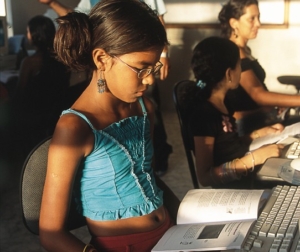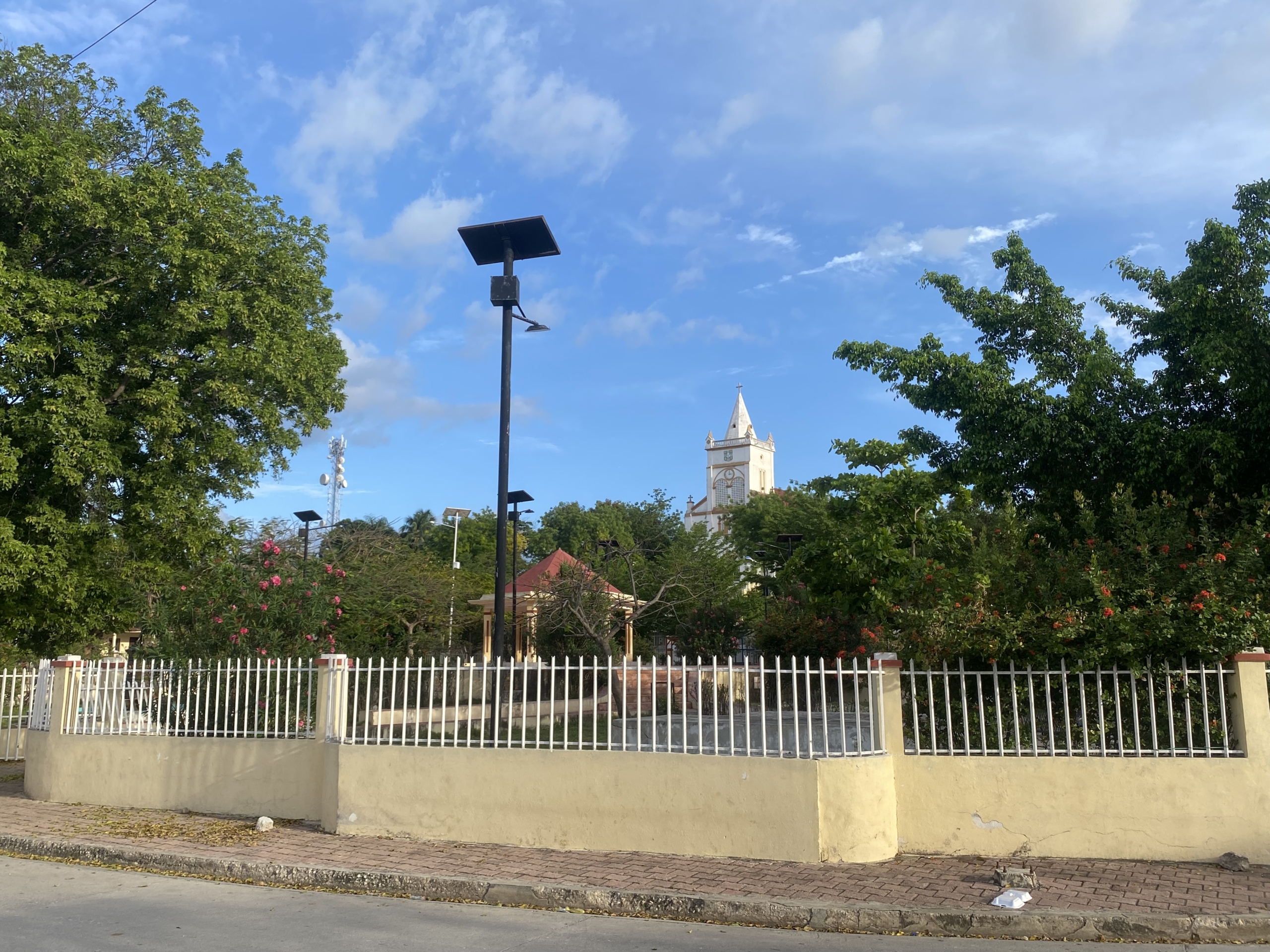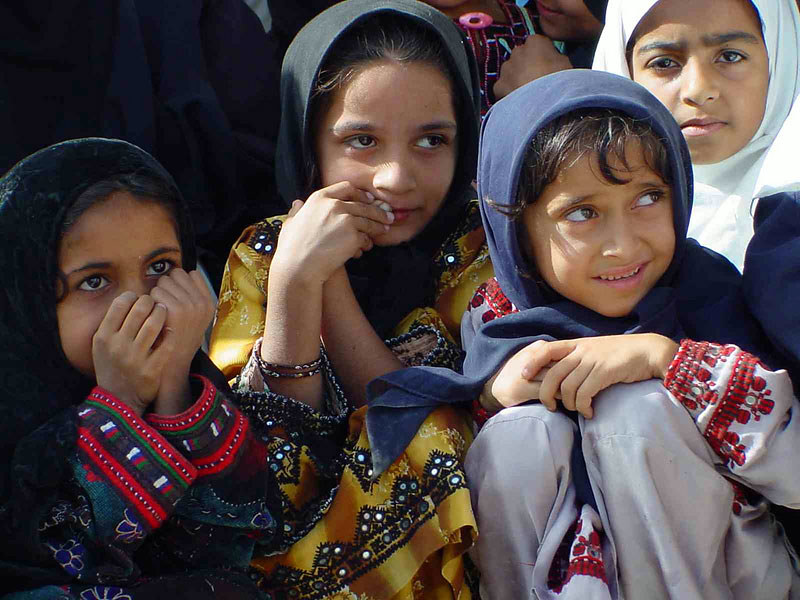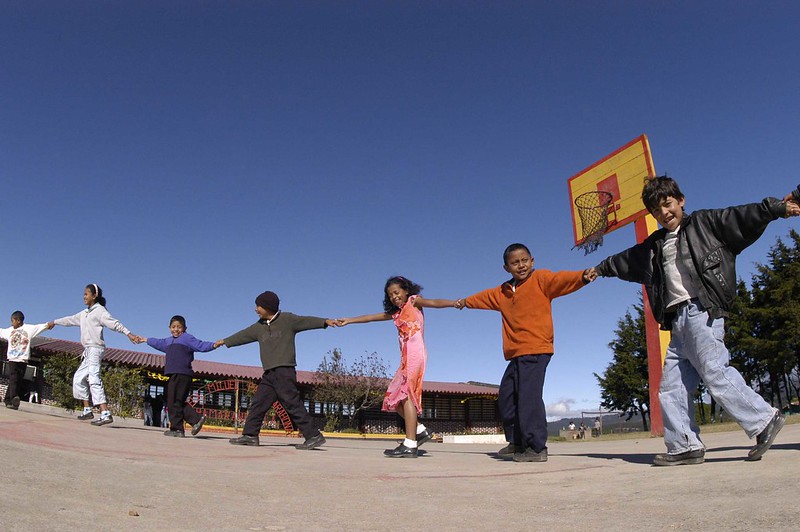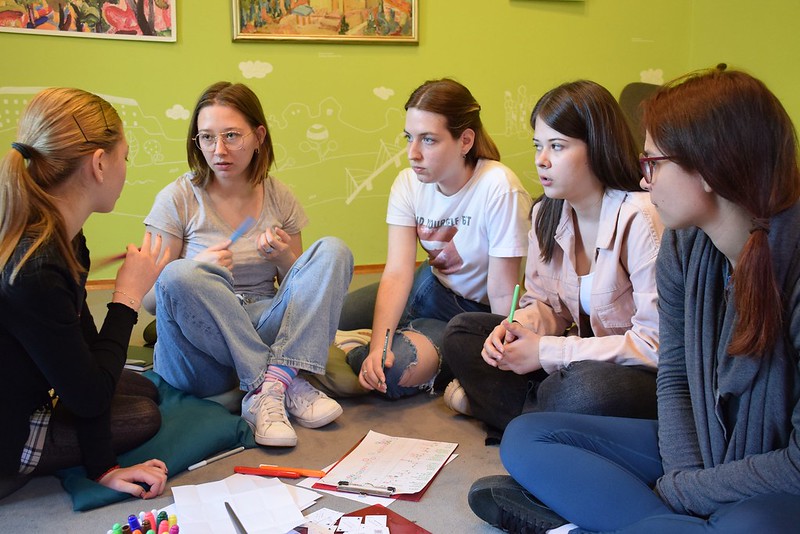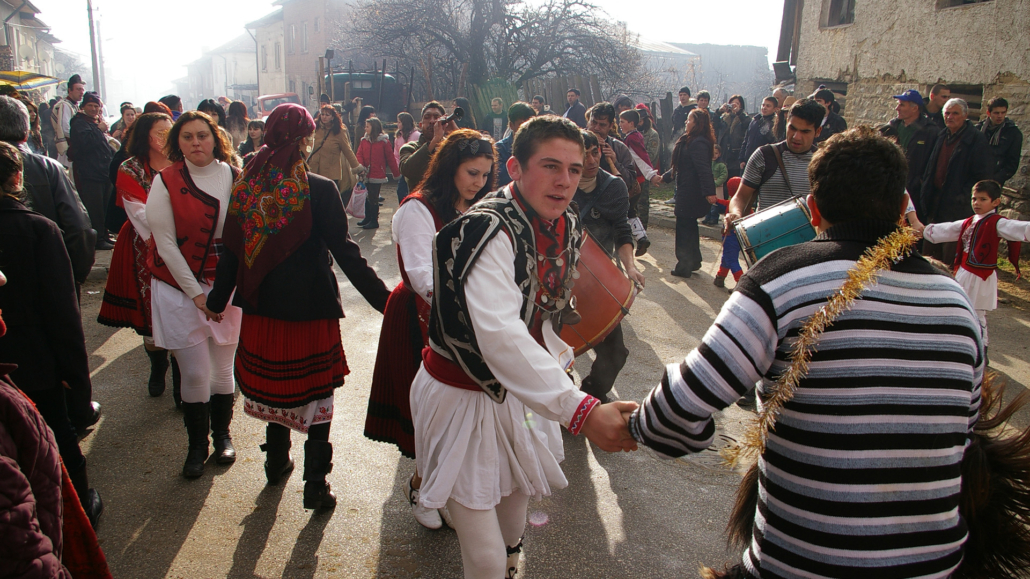
There are several charities operating in Bulgaria that address the poverty challenges it faces. In 2007, the Republic of Bulgaria joined the European Union alongside Romania. Today, however, it is the poorest member with the lowest Gross Domestic Product (GDP), and since 2020, the country has been troubled by political instability, with governmental coalitions collapsing. There have been six parliamentary elections between 2021 and 2024 – a seventh election already in sight. This political uncertainty impacts Bulgaria’s access to EU funds while also slowing its mission to fully join the Schengen area and adopt the euro as its currency.
According to UNICEF’s “Child Poverty in the Midst of Wealth” report, more than one in four children in Bulgaria lived in poverty between 2019 and 2021, with a child poverty rate of 26.1 percent. Despite a 55% increase in efforts to reduce child poverty, there has been less than a 10% change in the poverty rate since 2012. The inadequacy of social transfers, such as family benefits and social assistance, is evident, as these payments fail to account for inflation and rising living standards. Consequently, an “economically vulnerable household” with out-of-work parents and two children will receive 17.5% of the national average wage in social transfers – without housing benefits – placing Bulgaria 37th out of 39 OECD/EU countries.
Bulgaria’s weak social protection system underscores the critical role of charities operating in Bulgaria, with 36.2% child material deprivation and 12.9 percent housing problems. These nonprofit organizations play a crucial role in improving the lives of Bulgarian citizens, and here are five charities operating in Bulgaria and combatting poverty.
Children of Bulgaria
Since 2014, the nonprofit organization Children of Bulgaria has raised funds for its annual projects to improve children’s health. The charity’s operations are crucial, with the average infant mortality rate in 2021 being 5.2 per 1,000 live births – a little less than double the EU 3.6 average for that year. Instead of simply sending capital to the recipients, Children of Bulgaria uses 98% of its donations – the remaining 2% are operating costs – to fund projects and buy the necessary equipment, thus preventing fraud and misuse of contributions.
In 2023, it delivered medical equipment to the Neonatal Ward in the Hospital of Silistra – used to help an average of 150 premature babies annually. Similarly, in 2021 and 2022, the organization focused on improving centers for autistic children since most daycares in the country are unfit for children with the disorder, and child psychiatrists are scarce. This year’s 2024 project focuses on funding four new centers for children with special needs in South-East and South-West Bulgaria, underlying the importance of inclusive childcare.
Habitat for Humanity Bulgaria
Habitat for Humanity is one of the key charities operating in Bulgaria. Since 2001, it has advocated for adequate housing – since the Bulgarian constitution does not recognize the right to housing as a fundamental human right. Nonetheless, the necessity for affordable housing is distinct, with one in three Bulgarians needing accommodation in 2022, while the country also had one of the highest overcrowding rates in the EU – 36.2% compared to an average of 16.8%.
Habitat for Humanity Bulgaria has been fighting this struggle since 2014 by creating the Coalition “Decent Homes.” It collaborates with 36 organizations, from the municipal, business and non-governmental sectors, to better decision-making in housing policies. The nonprofit has built 12 houses and helped to more than 6,000 families find settlements in the country through partnerships with local communities and volunteers, providing affordable housing construction and enhancing accessibility to housing improvements.
Light of Bulgaria
After the fall of communism in Bulgaria, the younger generations moved to work in the city, making Light of Bulgaria a crucial charity for the older population. Most of them still living in the mountains and forests of South-West Bulgarian on minimal pensions – 580.57 BGN per month or $330.28 USD – do not have access to social or medical care.
Light of Bulgaria reaches more than 60 villages, providing food, clothes and medical care while also helping families who struggle with mental health problems or are victims of neglect and domestic violence. When temperatures drop below fifteen degrees in winter, the nonprofit also implements its program “The Soup,” providing nutritious food for the villagers and assisting them through their hardships.
Trust for Social Achievement Foundation
Minorities in Bulgaria face significant disadvantages, and the Roma community is no exception. Although they are estimated to comprise around 10% of the population, many Roma do not officially declare their ethnicity due to fear of discrimination, leading to varying figures. The Roma community grapples with poverty, social exclusion and limited access to education and health care. Many Roma people live in marginalized neighborhoods with poor living conditions, where discrimination severely limits their opportunities for employment and integration into society. Furthermore, derogatory remarks from government officials, including Prime Minister Boyko Borissov, who has publicly referred to the Roma as “bad human material,” exacerbate the situation and deepen the social divide.
To face these challenges and support the Roma community, the Trust for Social Achievement Foundation has created various programs. For example, the “Continued Support for Roma Students at the American University in Bulgaria” provides financial aid, mentorship and academic support to Roma students, helping them overcome barriers in higher education. Additionally, the “Early Learning and Care” program focuses on improving early childhood education by providing access to quality learning resources and parental support, aiming to address educational disparities from a young age – with 45% of Roma children not attending preschool. These initiatives are part of broader efforts by charities operating in Bulgaria to combat systemic barriers and discrimination, improving long-term outcomes for the Roma community.
UNICEF
In 2022, the Agency for Social Assistance reported 736 cases of domestic violence in Bulgaria, with 73% involving children. ATD Fourth World, an international nonprofit focused on ending poverty, also reported on child protection in Bulgaria, highlighting the link between poverty and child abuse. Indeed, children in poverty are especially at risk of abuse and neglect because financial problems create stress and instability in families. Thus, those struggling with poverty often lack the support needed to prevent or address abuse – leading to higher rates of harm among children from marginalized communities.
In response, UNICEF Bulgaria has worked to strengthen protection for vulnerable children and families by supporting the National Programme for Prevention of Violence and Child Abuse. This program aims to create a comprehensive framework for preventing and addressing violence and abuse by integrating various services and policies. On the ground, UNICEF has directly assisted 259 children—181 girls and 178 boys—who were victims or witnesses of abuse, through the Zona ZaKrila protection centers in Sofia, Shumen, and Montana. Additionally, UNICEF’s “For Every Child, Protection from Violence and Abuse” initiative has trained 525 specialists in preventing and responding to violence against children and women, as well as in preventing sexual exploitation and abuse. These efforts are vital for fostering safer environments and ensuring that every child receives the protection and support they need to thrive.
Looking Ahead
Bulgaria’s long journey to becoming a prosperous and thriving country is far from complete, but progress has been made in the last decades. With funding from the European Union and help from charities operating in Bulgaria, the living conditions of its citizens are improving.
– Alissa Naydenova
Alissa is based in Colchester, Essex, UK and focuses on Good News for The Borgen Project.
Photo: Flickr
 Malta is an island nation in the Mediterranean Sea, lying between North Africa and Sicily in southern Europe. The capital of Malta, Valletta, is the smallest in Europe in terms of geography and population. In the past decade, the minimum wage in Malta has risen by 29%, yet rising living costs have left one in five people at risk of poverty.
Malta is an island nation in the Mediterranean Sea, lying between North Africa and Sicily in southern Europe. The capital of Malta, Valletta, is the smallest in Europe in terms of geography and population. In the past decade, the minimum wage in Malta has risen by 29%, yet rising living costs have left one in five people at risk of poverty.
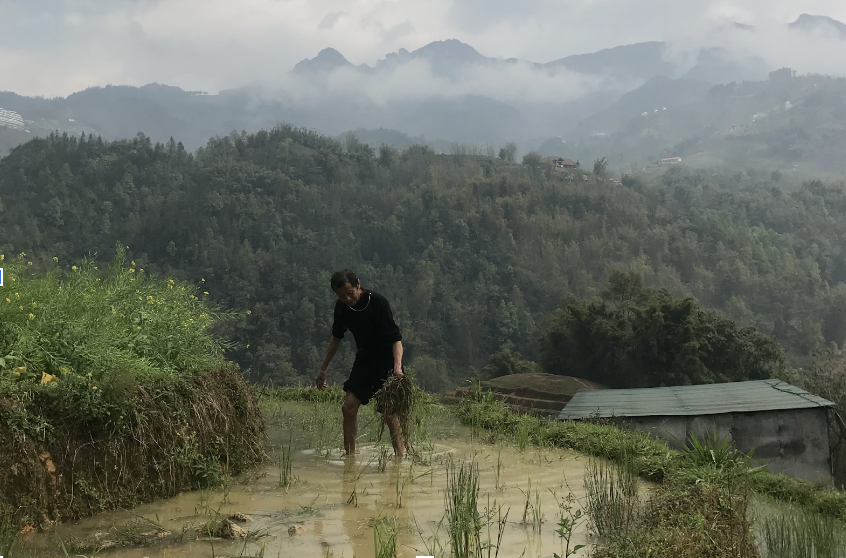 Vietnam, which has seen a rapid reduction in poverty, decreased its poverty
Vietnam, which has seen a rapid reduction in poverty, decreased its poverty 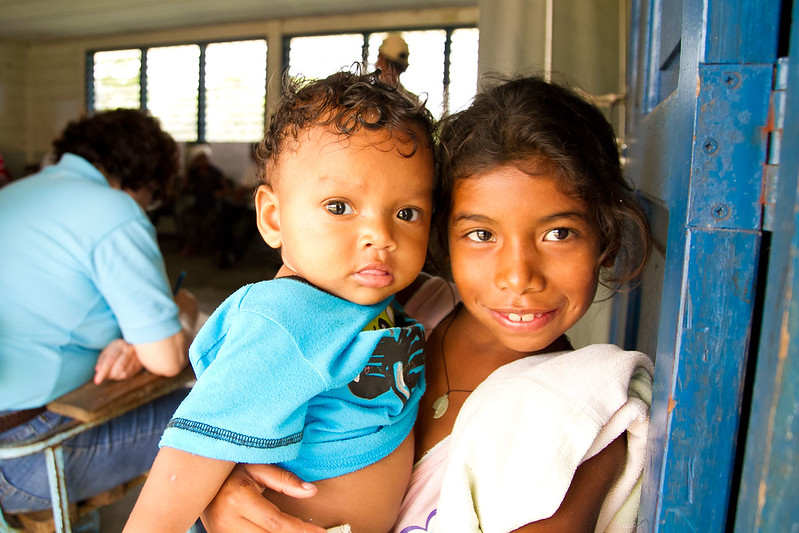 In
In 